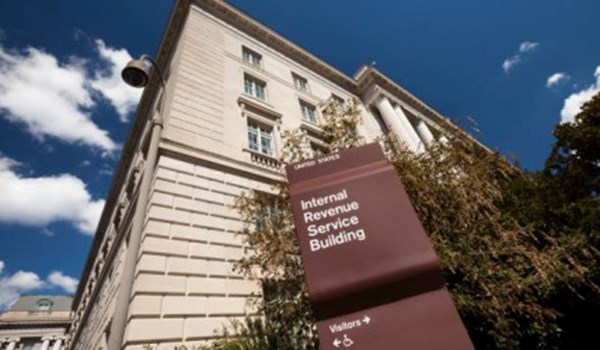Britain said on Tuesday it would grant long-term market access for EU based investment and money market funds used by UK investors, and without new costly requirements such as mandatory valuation assessments.
Funds listed in Dublin and Luxembourg are widely used by UK investors, but asset managers worried that obtaining long-term post-Brexit access to Britain cold come with burdensome new requirements, such as having to re-assess the value of assets in their funds.
Britain’s financial services minister Dim Afolami said that following a fetailed assessment, the government has found that EU funds and ‘equivalent’, meaning they operate under home rules that are robust enough to protect UK investors.
“The government does not intend to require the funds assessed to comply with any additional UK requirements as part of this equivalence determination,” Afolami said in a statement.
Secondary legislation would be needed to implement the equivalence decision, he said.
It replaces a system of temporary access permission which was due to expire at the end of 2025, which was due to expire at the end of 2025, but will now be extended by a year to allow enough time to implement the legislation, Afolami said.



